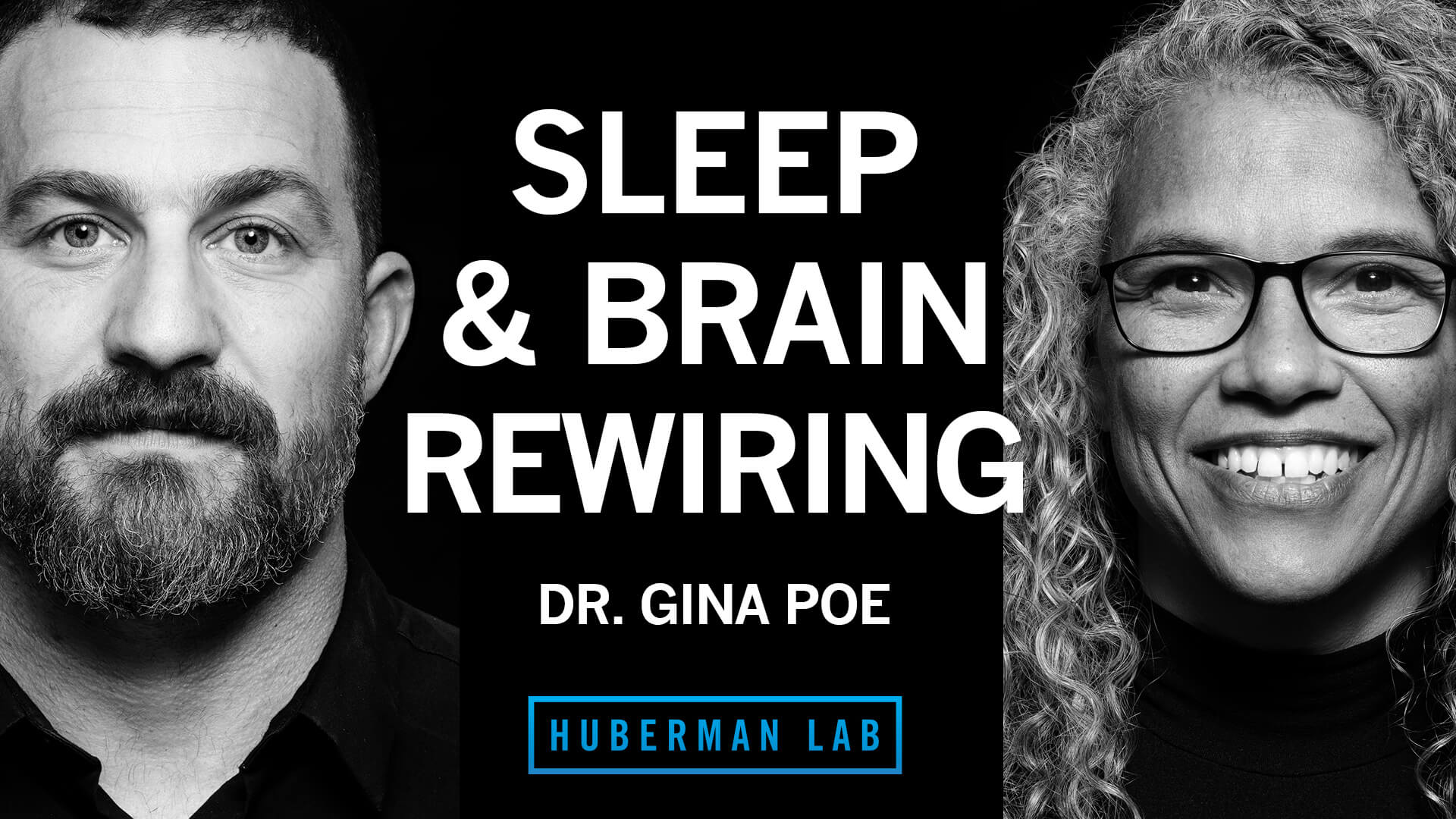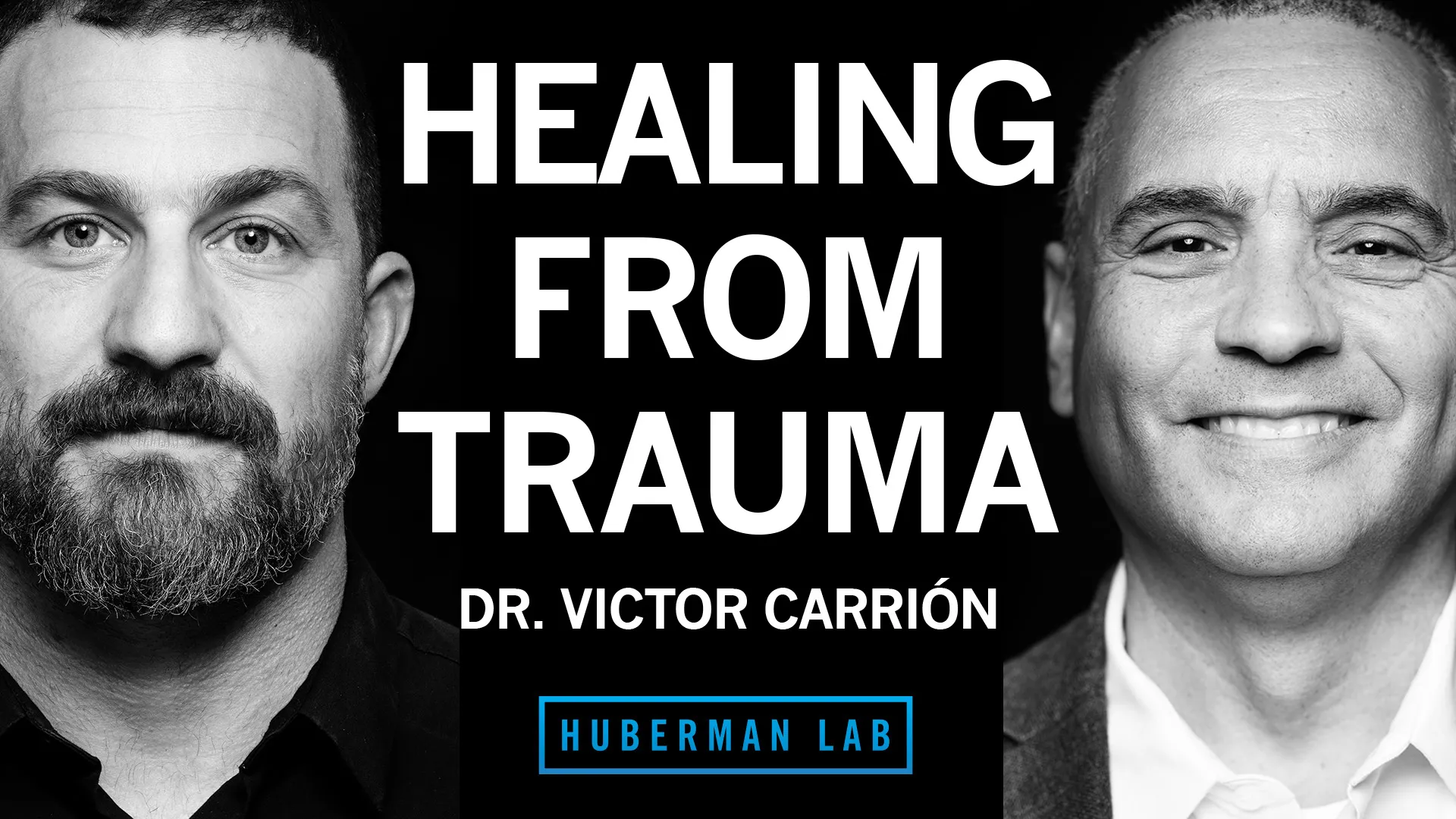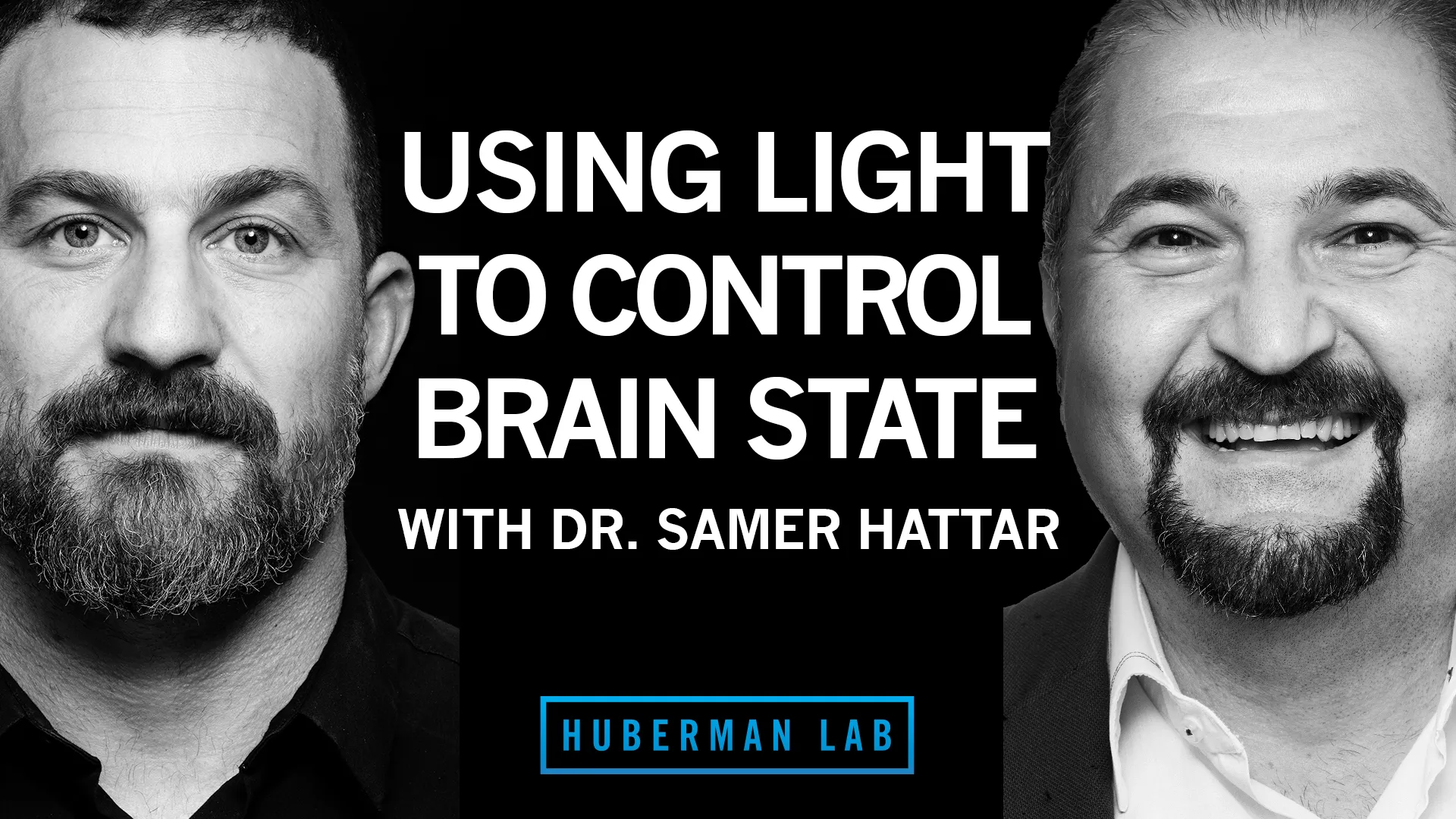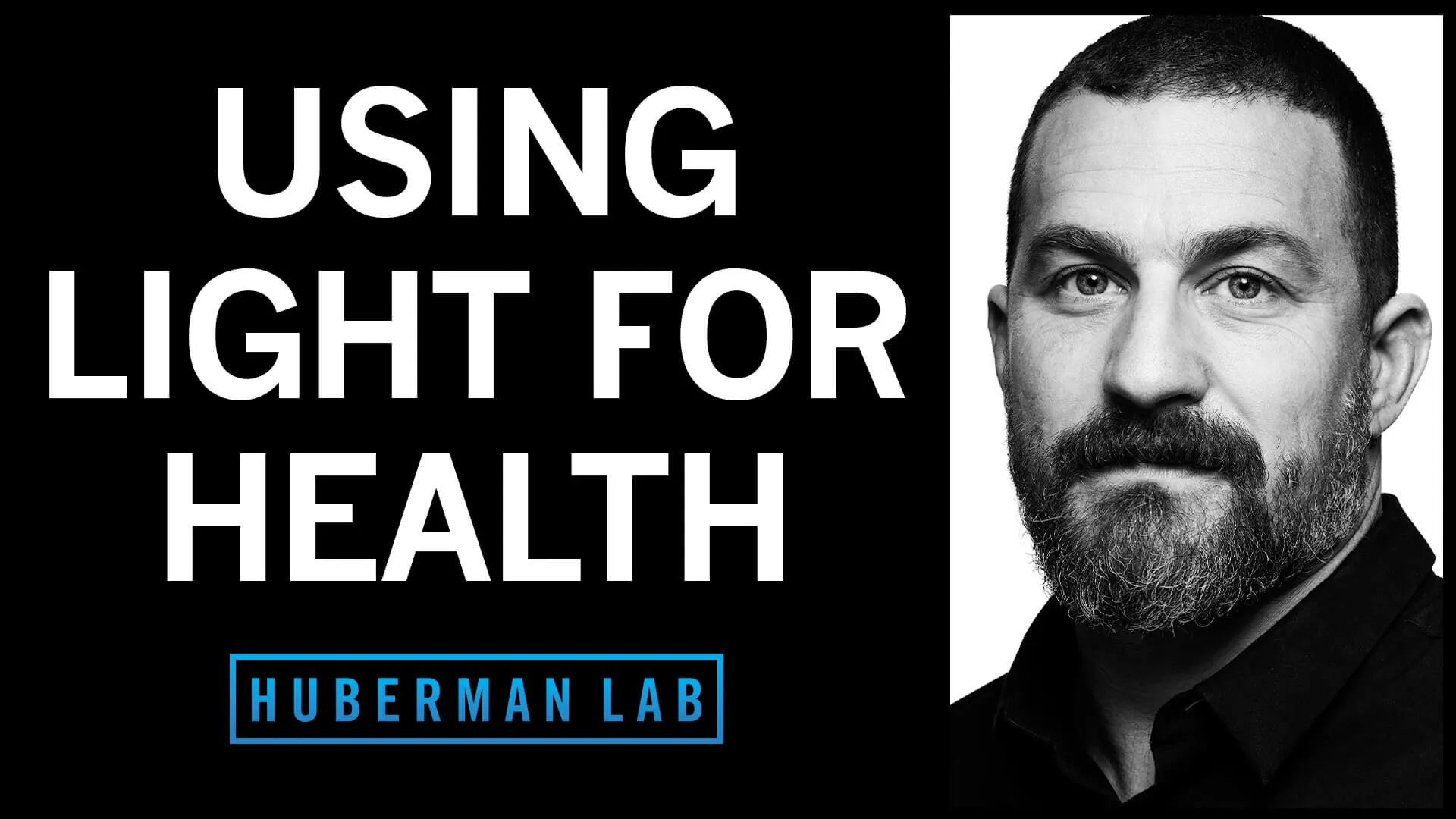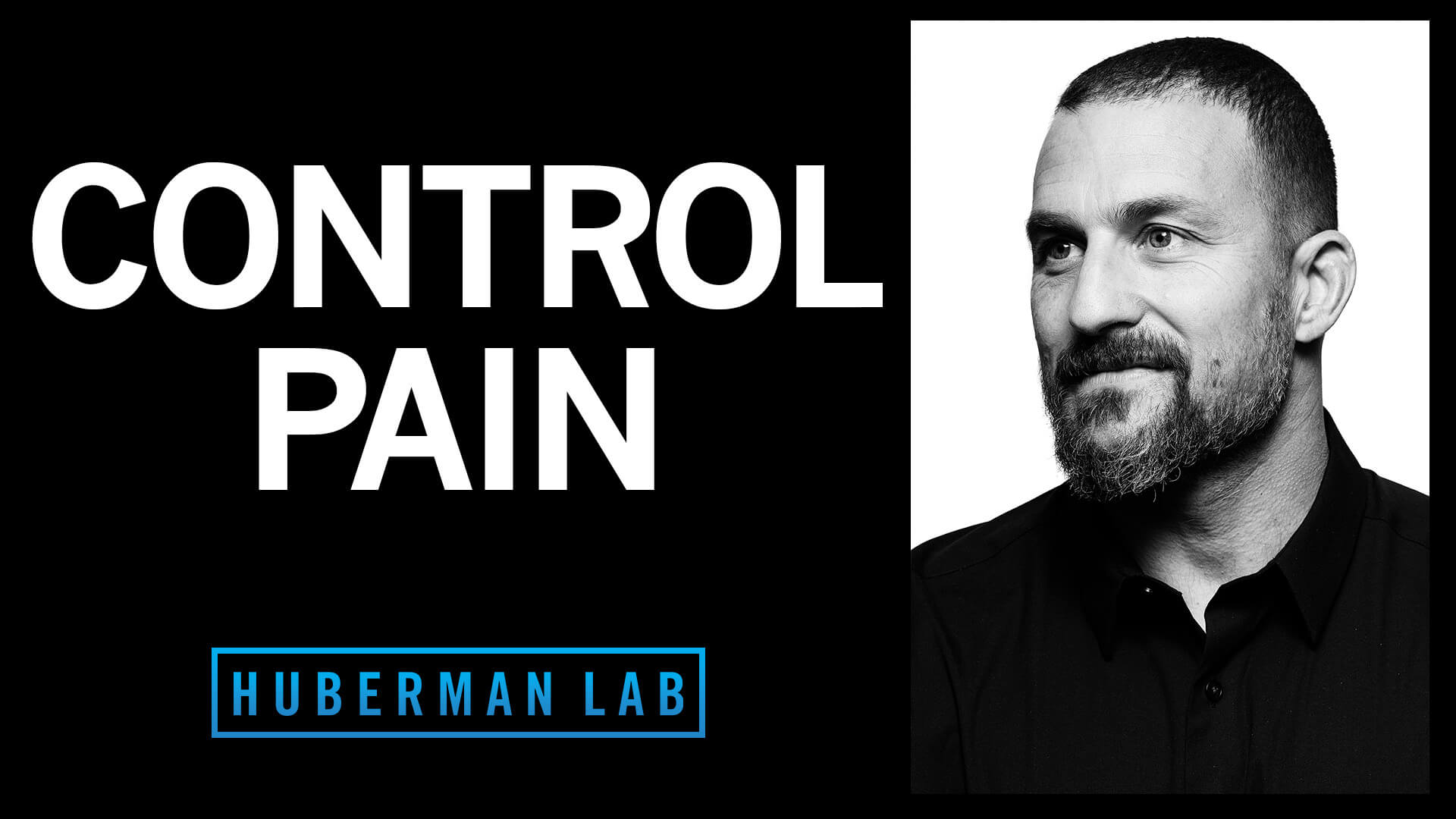
Sleep Hygiene
Sleep is a cornerstone of both mental health and physical health. Getting better sleep is one of, if not the most powerful tool for your well-being.
Before going down the route of highly detailed sleep optimization through the addition of supplements and tech gadgets, make sure you have the fundamentals: a consistent sleep schedule, wind-down routine and sleep environment. These good sleep habits lay the groundwork for quality rest.
Perfection isn’t necessary — almost every adult experiences sleep problems at some point, and stressing too much over your sleep patterns can cause anxiety that will make it even harder to fall and stay asleep. Prioritizing the QQRT fundamentals (quantity, quality, regularity and timing) at least 80% of nights is sufficient. Life happens, and it’s important to embrace meaningful experiences like dinners, concerts and time with friends. If you’re going to have a late night, let it be for something that adds value and enjoyment to your life.
Looking for ADHD-specific content? Explore the topic: The Science of ADHD ->

- Overview
- Watch Now
Learn about Sleep Hygiene
- Guest Experts
- Resources
- FAQs
- Related Topics
Table of Contents
- Overview
- Watch Now
Learn about Sleep Hygiene
- Guest Experts
- Resources
- FAQs
- Related Topics
Watch Now

Guest Series | Dr. Matt Walker: The Science of Dreams, Nightmares & Lucid Dreaming
This is episode 6 of a 6-part special series on sleep with Dr. Matthew Walker, Ph.D., a professor of neuroscience and psychology at the University of California, Berkeley and a leading public educator on sleep for mental and physical health, learning and human performance.
Learn about Sleep Hygiene
The Science of Sleep
Good sleep refers to both quantity and quality of sleep, including factors such as how long it takes you to fall asleep, how often you wake throughout the night and how you move through different sleep cycles of rapid eye movement (REM) and deep sleep.
Deep, non-REM sleep occurs predominantly in the first half of the night and is particularly important for cognitive processes such as memory consolidation, metabolic regulation and immune function. As you move through subsequent ~90-minute sleep cycles (~ means approximate), your brain spends a higher proportion of time in REM sleep, which plays a critical role in emotional regulation and creative problem-solving.
Sleep is governed by two primary systems: the homeostatic sleep drive controlled by adenosine buildup, which increases sleep pressure the longer you're awake, and your overall circadian rhythm, regulated by the suprachiasmatic nucleus (SCN) in the brain, which is highly influenced by viewing sunlight.
Sleep Phases, Perfect Night’s Sleep
From Episode
Dr. Gina Poe: Use Sleep to Enhance Learning, Memory & Emotional State
REM (Rapid Eye Movement) aka ‘Paradoxical Sleep’
From Episode
Dr. Matt Walker: The Science & Practice of Perfecting Your Sleep
Slow Wave Sleep aka ‘Deep Sleep’
From Episode
Dr. Matt Walker: The Science & Practice of Perfecting Your Sleep
Explore:
Shift Work, Jet Lag and Sleep Deprivation
Shift work, jet lag or a night of poor sleep all cause short-term shifts in the body’s natural circadian rhythm (the body's natural sleep/wake cycle). Increasingly, more people are falling into the category of shift work behavior, even if they’re not traditional shift workers — for example, staying up late to play video games or watch TV, or frequently shifting their bedtime and wake-up time by several hours.
If you experience occasional sleep deprivation, the key is to maintain your usual schedule and not overcompensate for lost sleep with additional naps or caffeine. The physiological stress caused by a constantly shifting sleep schedule (analogous to frequently changing time zones) leads to negative overall health effects. If you have to keep an irregular sleep schedule, harness the tools and protocols we already know to influence and train your circadian rhythm — including natural light exposure, consuming caffeine only in specific windows, meal timing and regular exercise.
Shift Workers, Health & Disease
From Episode
Dr. Satchin Panda: Intermittent Fasting to Improve Health, Cognition & Longevity
Jetlag, death and lifespan
From Episode
How to Defeat Jet Lag, Shift Work & Sleeplessness
Intermittent Sleep Deprivation
From Episode
Understand and Use Dreams to Learn and Forget
Explore:
How to Get Better Sleep
From the time you get out of bed in the morning, your behaviors and environment influence how easily and deeply you will sleep later that night. During daytime hours, prioritize morning sunlight, keep naps at ~20 minutes or less and eliminate afternoon/evening caffeine intake. In the evening, minimize light exposure by reducing screen use and opting for relaxing activities like reading or meditating instead of watching the news or scrolling social media.
Nothing can fully replace lost sleep, but getting a less-than-ideal amount of sleep on a consistent sleep schedule is better for your health than seesawing between nights of little to no sleep and late mornings to try to compensate. Whether you choose to implement a range of protocols or just focus on going to bed at the same time each night, you will see the benefits of better sleep.
Wind-Down Routine; Mental Walk; Clocks & Phones
From Episode
Guest Series | Dr. Matthew Walker: Protocols to Improve Your Sleep
Evening Tools: Hot Bath/Sauna, Temperature & Sleeping Environment
From Episode
Sleep Toolkit: Tools for Optimizing Sleep & Sleep-Wake Timing
Unconventional Yet Powerful Sleep Tips
From Episode
Dr. Matt Walker: The Science & Practice of Perfecting Your Sleep
Explore:
Optimizing Your Sleep Environment
Small adjustments to your surroundings can improve your sleep quality without requiring major effort. Start by dimming overhead and bright lights in the evening to reduce blue-light exposure. Keeping your bedroom cool will allow your body temperature to decrease the one to three degrees needed in order to transition to sleep effectively. Minimizing noise by using earplugs or listening to white noise can also help (aim for less than 30 decibels, dB, even when using white noise) and avoiding strong fragrances prevents sleep disruptions from poor air quality.
For additional support, red-lens eyewear (like Roka glasses*) can block blue light when dimming isn’t an option, and HEPA filters will improve air quality and reduce allergens. Advanced tools like cooling mattress covers (like those from Eight Sleep*) and air-quality monitors can help ensure a consistent environment that supports restorative, quality sleep. These devices are certainly helpful but not essential — a more supportive sleep environment is achievable with even small changes.
*Roka and EightSleep are Huberman Lab sponsors.
Tool: Sleep Environment, Absolute Rest
From Episode
Guest Series | Dr. Andy Galpin: Optimal Nutrition & Supplementation for Fitness
Tool: Nighttime Environment & Darkness
From Episode
Mental Health Toolkit: Tools to Bolster Your Mood & Mental Health
Sleep, Cold, Warm Baths, Screens, & Socks
From Episode
Dr. Craig Heller: Using Temperature for Performance, Brain & Body Health
Explore:
Supplements for Relaxation and Sleep
To get the most out of sleep supplements, your body and mind should already be moving toward relaxation and rest. Unlike prescription sleeping pills that artificially induce sleep, supplements can’t force a shift from wakefulness to sleep, but they can support and accelerate the natural transition to a good night’s sleep when the groundwork has been laid.
Magnesium (in the form of magnesium threonate or bisglycinate) increases GABA levels, which in turn reduces neuronal excitability and promotes relaxation and drowsiness. L-theanine is another sleep supplement which increases GABA and when taken 30 to 60 minutes before bedtime has been shown to reduce anxiety and stress levels. Myo-inositol can improve sleep by increasing serotonin levels and can also have a sedative effect, making it easier to fall back asleep. Both myo-inositol and L-theanine can also be taken during the day to reduce feelings of anxiety and contribute to a general sense of calm.
Sleep Supplements: Magnesium Threonate, Apigenin & Theanine
From Episode
Sleep Toolkit: Tools for Optimizing Sleep & Sleep-Wake Timing
Melatonin: Cautionary Note About Adrenal Suppression
From Episode
Tools for Managing Stress & Anxiety
Tool: Sleep Supplements
From Episode
Guest Series | Dr. Matt Walker: The Science of Dreams, Nightmares & Lucid Dreaming
Explore:
Sleep Disorders
Everyone will experience occasional sleep deprivation — it’s par for the course for a human with a busy life. Frequent waking during the night (waking once is normal), an inability to fall asleep or fall back asleep, or consistently feeling fatigued throughout the day can be indicative of chronic suboptimal sleep or a medical sleep disorder.
While a single night of poor sleep is often the result of environmental factors like consuming caffeine too late in the day, extensive short-wavelength light exposure (blue and green light), or a change in sleep timing, sleep disorders like chronic insomnia and sleep apnea likely require medical intervention. If you experience persistent symptoms or are concerned you’re not getting enough hours of sleep (7-9 for most adults) or sufficient sleep quality, it’s crucial to consult a health care professional or sleep specialist to investigate further.
Insomnia Intervention & Bedtime Rescheduling, Sleep Confidence
From Episode
Guest Series | Dr. Matthew Walker: Protocols to Improve Your Sleep
Nightmares; Recurring Nightmares & Therapy
From Episode
Guest Series | Dr. Matt Walker: The Science of Dreams, Nightmares & Lucid Dreaming
Tool: Sleep Apnea & Nasal Breathing
From Episode
Sleep Toolkit: Tools for Optimizing Sleep & Sleep-Wake Timing
Explore:
Non-Sleep Deep Rest (NSDR) and Naps
Both non-sleep deep rest (NSDR) and naps can boost energy levels during the day. NSDR can also be used at night to fall asleep faster or when you are unable to get back to sleep. NSDR protocols and yoga nidra practices are meant to induce a state of deep relaxation. Brain activity during an NSDR practice mimics the activity seen during sleep, allowing you to get the benefits of restorative sleep without having to fall asleep completely and without interfering with nighttime sleep. Even a brief, 10-minute NSDR session can help replenish dopamine levels and increase feelings of alertness afterwards.
Some people find daytime naps to be restorative, yet others may find they awake from a nap feeling more tired or irritable than before or notice it affects their sleep at night. If you like taking naps, a short 20-to25-minute nap can replenish energy levels. A longer nap (90 minutes or less) can be helpful if you are particularly sleep-deprived. However, try to keep naps to the earlier part of the day.
NSDR protocols/implementation
From Episode
How to Defeat Jet Lag, Shift Work & Sleeplessness
Naps & Non-Sleep-Deep-Rest (NSDR)
From Episode
Dr. Matt Walker: The Science & Practice of Perfecting Your Sleep
Tool: Optimal Nap: Duration & Timing; Grogginess
From Episode
Guest Series | Dr. Matt Walker: How to Structure Your Sleep, Use Naps & Time Caffeine
Explore:
Guest Experts
Resources
Articles and Research Papers
- Chronic Insomnia and the Stress System (Sleep Medicine Clinics)
- REM Sleep Depotentiates Amygdala Activity to Previous Emotional Experiences (Current Biology)
- Sleep and Emotional Memory Processing (Sleep Medicine Clinics)
- Overnight therapy? The role of sleep in emotional brain processing (Psychological Bulletin)
- Day and night light exposure are associated with psychiatric disorders: an objective light study in >85,000 people (Nature Mental Health)
Books
- Why We Sleep: Unlocking the Power of Sleep and Dreams (by Matthew Walker, Ph.D.)
Note: Books listed here may include Amazon affiliate links, which provide a small commission to support the podcast at no additional cost to you
Additional Resources
- Chronotype Calculator
- ROKA glasses (Huberman Lab sponsor)
- Eight Sleep (Huberman Lab sponsor)
- WHOOP (Huberman Lab sponsor)
Note: Unless explicitly noted, Huberman Lab has no financial relationship with the additional resources listed.

